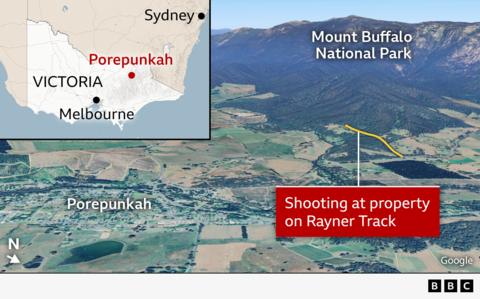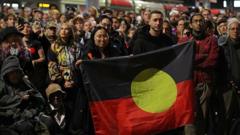In a groundbreaking report released by a coroner, evidence of systemic racism within the Northern Territory Police was uncovered in the case of Kumanjayi Walker, an Aboriginal teenager fatally shot in 2019 during an arrest attempt in Yuendumu. Coroner Elisabeth Armitage revealed on Monday that Officer Zachary Rolfe, who shot Walker, exhibited normalized racist attitudes and misconduct, highlighting fundamental flaws in police culture in Central Australia.
Walker, 19, was shot three times by Rolfe during a confrontation that escalated when Walker allegedly attacked Rolfe with scissors. As the public inquiry into the incident concluded after two years, critics of the police force pointed to long-standing complaints regarding Rolfe's history of violent treatment towards Aboriginal people, which the department largely ignored.
Rolfe faced charges of murder, a rare occurrence for officers in duty-related cases, but was acquitted after a jury trial in 2022. The case ignited widespread protest and sparked crucial conversations about the treatment of Indigenous Australians by law enforcement, who face disproportionately high rates of arrests and incarceration. Witnesses recall the trauma of seeing Walker, injured and bleeding, being placed into a police vehicle.
Delivering her findings in the heart of Walker’s community, Armitage noted, “I am satisfied that Mr. Rolfe was racist and that he worked in and was the beneficiary of an organization with hallmarks of institutional racism.” Her remarks underscored the urgent need for police reform in addressing racial biases and ensuring accountability in the force.
The report's findings have struck a chord among local residents and activists alike, calling for systemic changes in the policing of Aboriginal communities and bringing renewed focus to the challenges faced by Indigenous Australians in their interactions with law enforcement.




















